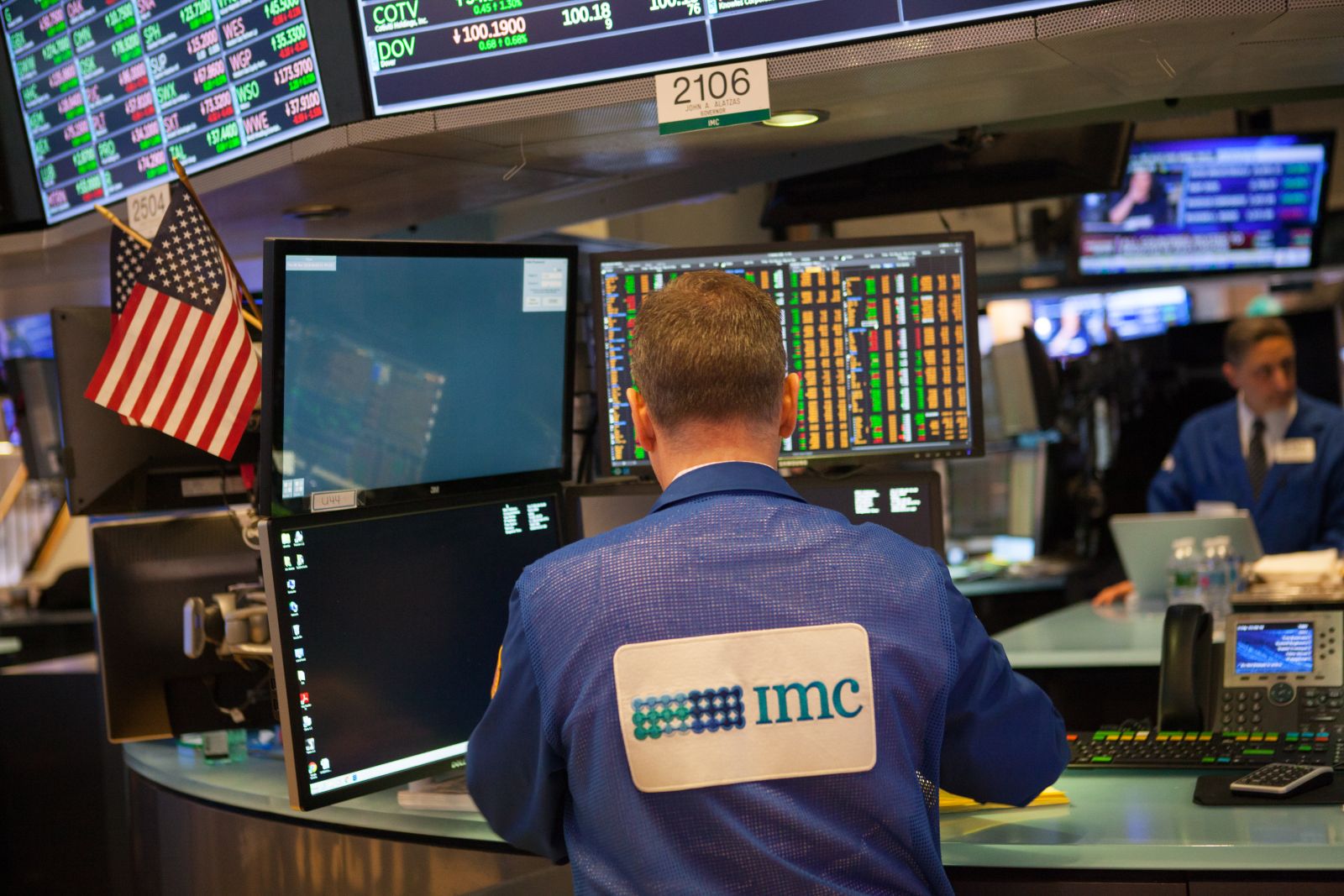PepsiCo (PEP) surpassed Wall Street forecasts in the first quarter of the year, bolstered by robust international demand and strategic price hikes, despite a deceleration in the U.S. market. The company, known for its iconic beverages and snack foods, saw particular strength in markets outside the U.S., where consumers continued to purchase higher-priced items like sodas and chips. This strong performance in regions such as Europe, Asia Pacific, and China offset the more tepid demand back home, where ongoing consumer inflation has begun to affect purchasing behaviors. PepsiCo CFO Jamie Caulfield noted the toll that three years of significant inflation have taken on consumers but expressed optimism about easing pressures moving forward. Despite a 5% increase in average prices in the first quarter, PepsiCo's organic volume saw a slight decline of 2%, an improvement over the 4% drop recorded in the previous quarter. The shift in consumer spending patterns, particularly in the U.S., has prompted PepsiCo to diversify and innovate within its product lineup, introducing items like flavored Quaker instant oats and the Celsius energy drink. These initiatives are part of a broader strategy by CEO Ramon Laguarta to sustain growth and expand the company’s footprint in both developed and emerging markets. Market Overview: -PepsiCo reported better-than-expected Q1 revenue and earnings, driven by strong international demand for its snacks and beverages. Key Points: -Price increases helped offset a decline in sales volume, with international markets like Europe and Asia leading the growth. -The U.S. business saw a slowdown as inflation squeezed consumer budgets, impacting demand for PepsiCo's products. -The company expects U.S. performance to improve in coming quarters as the impact of product recalls fades. Looking Ahead: -PepsiCo's focus on product expansion in emerging markets and continued focus on pricing strategy will be crucial for maintaining growth. -The company remains optimistic about its full-year outlook despite the slowdown in the U.S. The company's financial health showed resilience, with its first-quarter net revenue climbing to $18.25 billion, a 2.3% increase that surpassed the London Stock Exchange Group's estimates of $18.07 billion. Earnings also exceeded expectations, with core profit hitting $1.61 per share against forecasts of $1.52. However, the earnings report wasn't without its concerns. The North America beverage unit, PepsiCo's largest business, reported a modest 1% rise in sales, while organic volume fell by 5%. Furthermore, sales at its Quaker Foods North America unit plummeted by 24%, primarily due to product recalls initiated in December over potential salmonella contamination, indicating areas where the company still faces significant challenges. Despite these hurdles, PepsiCo maintained its fiscal 2024 forecasts, reflecting confidence in its ability to navigate current market complexities. As the company looks forward to a year likely to be defined by price-led revenue growth, analysts like Gerald Pascarelli from Wedbush anticipate that the pricing adjustments made will continue to support PepsiCo's revenue streams. The company's strategic positioning and adaptive measures across its global markets are pivotal as it maneuvers through varied economic conditions and consumer preferences.
PepsiCo Beats Q1 Forecasts with Strong International Sales
Quiver Quantitative -
Tue Apr 23, 2024
Columnist
Contributor Content
Press Release
Sponsored Content
All information and data in this article is solely for informational purposes. For more information please view the Barchart Disclosure Policy here
This article could contain syndicated content. We have not reviewed, approved, or endorsed the content and may receive compensation for placement of the content on this site. For more information please view the Barchart Disclosure Policy here
All information and data in this article is solely for informational purposes. For more information please view the Barchart Disclosure Policy here



/Quantum%20Computing/Image%20by%20Funtap%20via%20Shutterstock.jpg)
/A%20Palantir%20office%20building%20in%20Tokyo_%20Image%20by%20Hiroshi-Mori-Stock%20via%20Shutterstock_.jpg)
/Nike%2C%20Inc_%20shopping%20by-%20hapabapa%20via%20iStock.jpg)
/Quantum%20Computing/A%20concept%20image%20with%20a%20brain%20on%20top%20of%20a%20blue%20circuit%20board_%20Image%20by%20Gorodenkoff%20via%20Shutterstock_.jpg)
